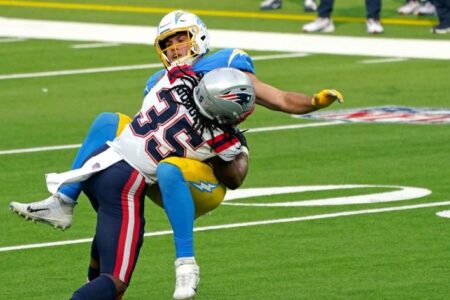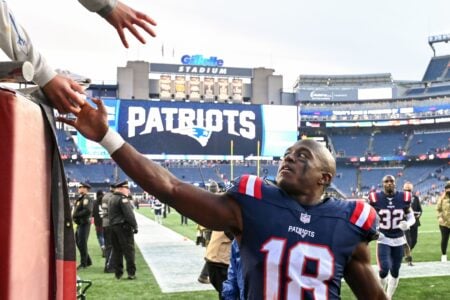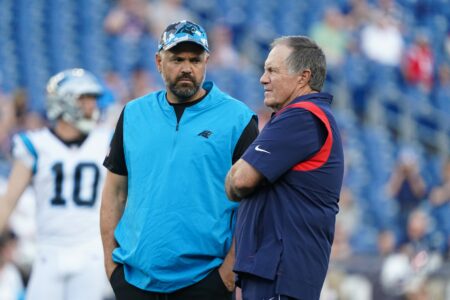- Joined
- Feb 10, 2005
- Messages
- 33,091
- Reaction score
- 22,701
Actually, risk diversification is the point of the article. They are saying it is advisable to spread, rather than consolidate.
Akin to investing in the stock market, you don't put all your money in stock from one company, or your money in just one market; the idea being to spread your investment across the markets for diversified returns, to increase the likelihood that you get any return at all.
I think I see the problem now...
"So extrapolating, the best VALUE is to trade down with the 1st pick using multiple lower round picks targeting the ~4th best guy at your desired position"
What I meant to convey that their point was to trade down for draft pick value, accumulating multiple pickS targeting a much lower rated player or players at specific positions. I can see that my wording might be interpreted as using a bunch of lower picks just to target one specific guy. Problem may be in my mis-use of the English language.


















